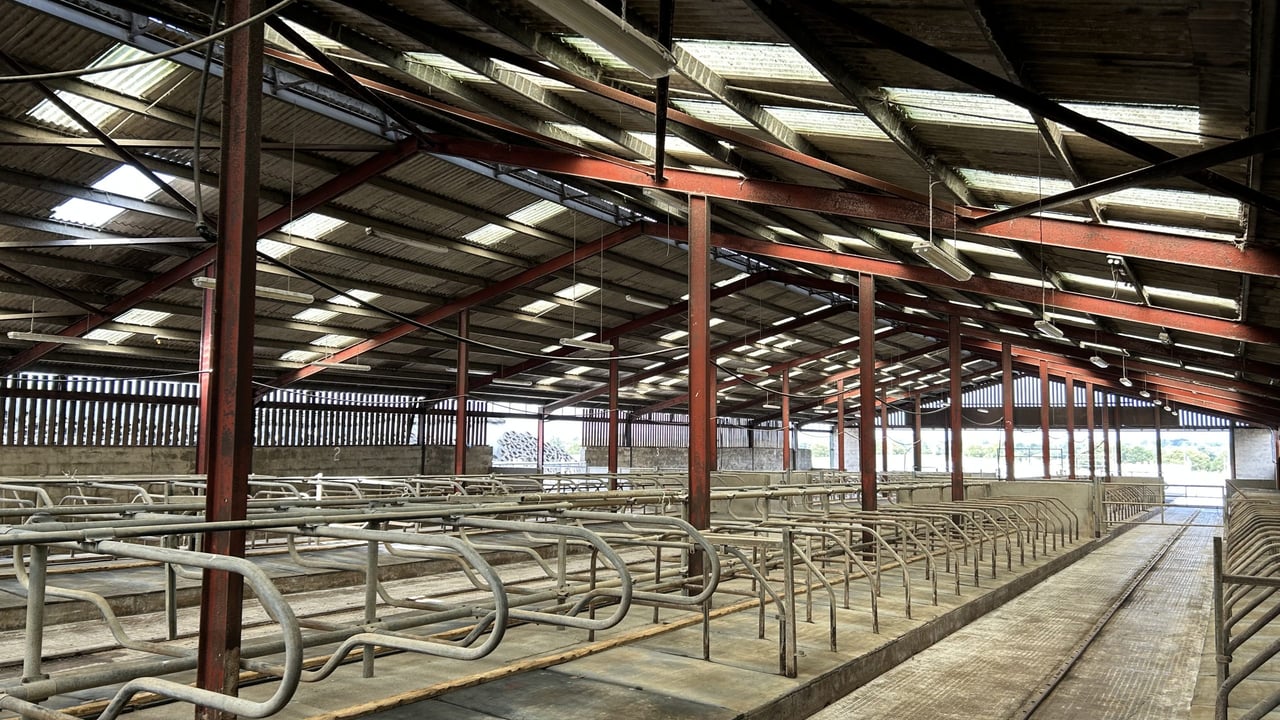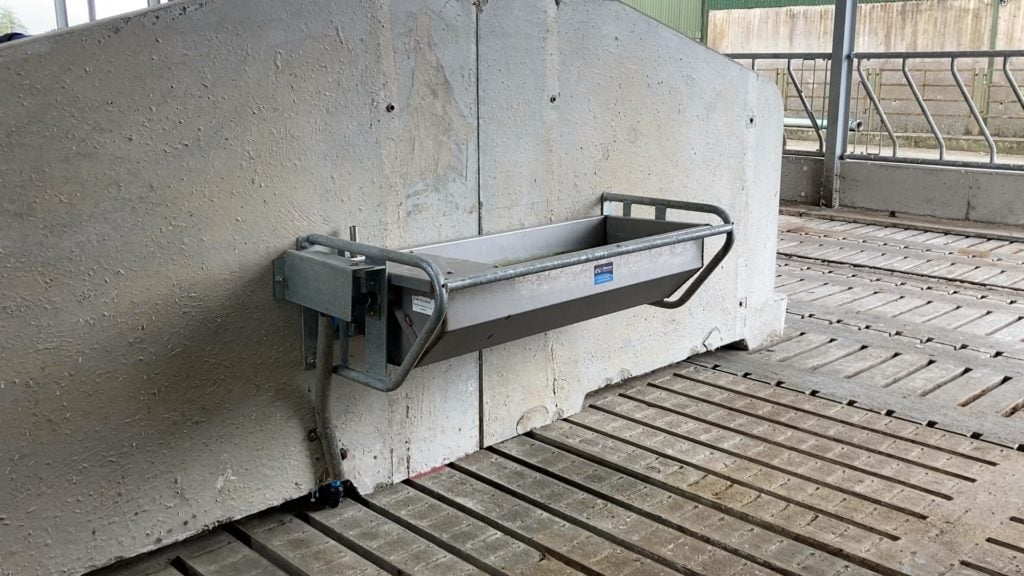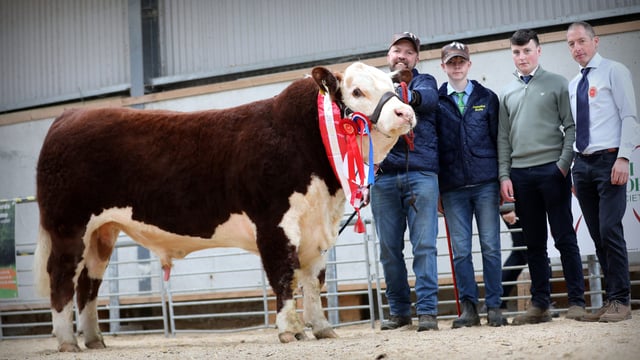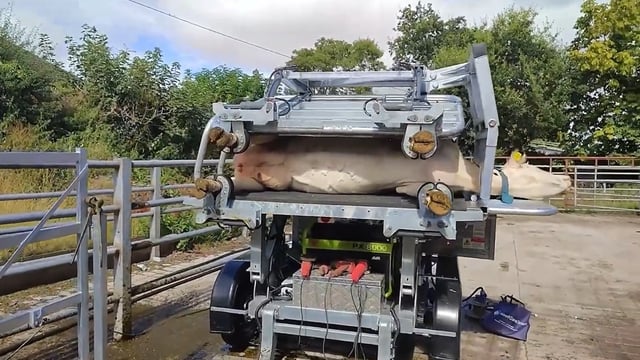Preparing winter housing before the final rotation wraps up
As the final grazing rotation wraps up, farmers need to ensure their winter housing is ready for the herd.
Most farmers try to make sure their cubicle sheds are prepared before September, however it is easy to get caught up in other jobs and let the months slip away.
Now that we are in the backend of the season, getting essentials such as scrapers and cubicles maintained should be a priority.
Sheds should be cleaned and disinfected to ensure proper hygiene is upheld, and any necessary repairs carried out now.
Cleaning
To clean sheds, they must be properly power-washed, removing all dung from cubicles, walls, floors, crevices, and rails, before a thorough disinfecting.
The presence of dirt will prevent the disinfectant from working properly and could allow pathogens to survive.
When disinfecting, ensure you use a use a product from the DAFM-approved disinfectant list, and follow the product's instructions for contact time.
Cleaning and disinfecting at this time of the year is never ideal, as water from power washing will take up much needed space in tanks, and housing should be left empty for a period of time post-disinfection. However, as they say, better late than never.
Housing
In regard to housing, you must first ask yourself if you have enough cubicles for the herd, if not they must be added without delay.
Existing cubicles may also need repairs, whether that be a quick weld or adjustments to neck/breast rails.
You must also think about the comfortability of the cubicles, bearing in mind that a cow should ideally be laying there for 12-14 hours a day.
If a cubicle is uncomfortable, the cow may only lie down for approximately nine hours, reducing rumination and affecting target weights over the winter.
A comfortable cubicle should be 2.2-2.5m long and 1.2m wide (depending on the cow's size), they should also have comfortable bedding and mats.
Other components that must be looked at include water availability - there should be enough space for 10% of the herd to be able to drink at any given time.
Scraper functionality is essential - they must be working perfectly to prevent issues such as mastitis or mortellaro, so ensure to service them properly.
Check to see if the grooves on the track or the scrapers look worn, if so, they should be replaced.
Remember, it will be extremely difficult to fix these things when cows are in and the shed is dirty.
Feed barriers must also be checked out, with any essential repairs carried out, as well as ensuring there is adequate and functioning lighting within the shed.
Farmers must also ensure they have supplies ready, such as straw bedding and lime.






